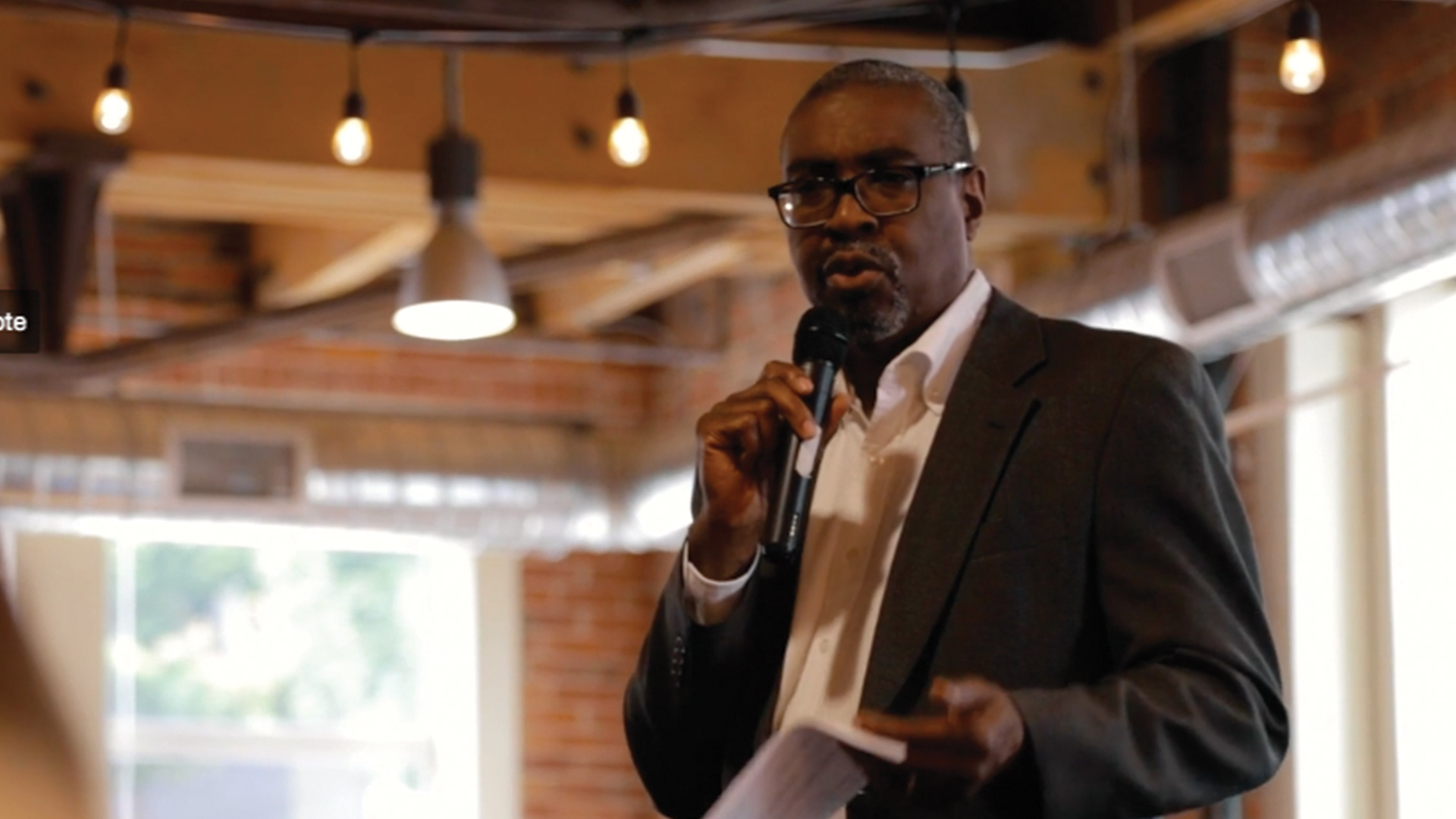As we welcomed a new cohort of students to our community, Dr. J. Derek McNeil called upon these new and returning learners to deeply consider the question: How can you come to graduate school and serve?
Watch Dr. J. Derek McNeil’s address to our incoming cohort:
“text.soul.culture is a vehicle. The purpose clause is to serve God and neighbor through transforming relationships. The first two may be common, the last puts the heavy burden on us to not simply inform you, but to form with you.”
Our culture is growing increasingly fragmented and full of ‘wicked problems.’ Problems such as poverty, social inequality, and discrimination around identity. They are singular, complicated problems that we cannot solve with one solution. The problems in this world require more of us than attending graduate school to get a better job or claim a certain status. The challenges in our culture today push us to answer the question: How are you called to serve?
Throughout his challenges to our community, President McNeil focused on the latter part of our mission, which is “to serve God and neighbor through transforming relationships.”
“We know we’re inviting you to not only an informing place, but to an informative place, that in some way we’re being shaped by each other. We’ll be influenced by you, not simply you being influenced by us.”
Watch Dr. J. Derek McNeil’s address to our community at (Re)Orientation:
“I want to affirm that we must retain our faith in the mission, the work of Jesus in our midst, our dedication to deep relational learning, our commitment to narrative work as a vehicle for change, an integration of disciplines, and the body-mind-spirit relationships, a commitment to serve and a dedication to learning and care for each other—we can’t lose those things.”
Derek challenged our community to think of home not just as a place of comfort, but the place we are called to serve. The difficult realities in our culture require us to think differently, to learn differently, and to address these problems in new ways. But in order to, as our mission statement says, “serve God and neighbor through transforming relationships,” we must do three things:
- We have to accept the assumption we are interconnected.
- We have to accept that integration is a form of maturing and adaptation.
- We have to accept that we are embodied.
As we move into deeper spaces and engage with one another rather than simply fixing what is not working, the metaphorical question and call is: What does it look like to face some of the darkness and heartache in the world around us and in our own stories and sing songs of redemption?


